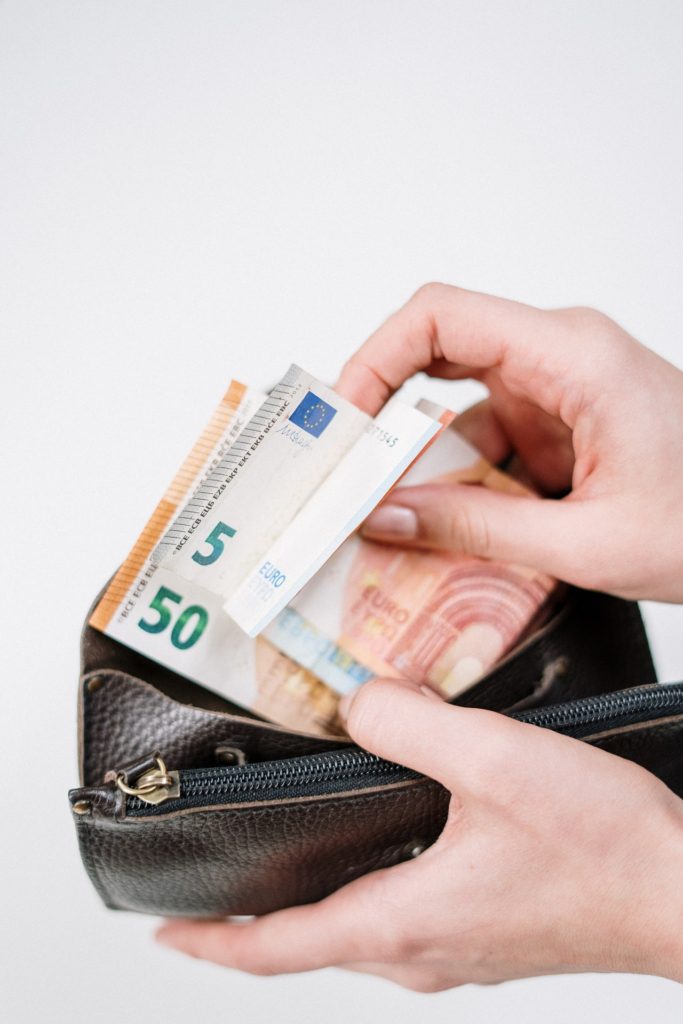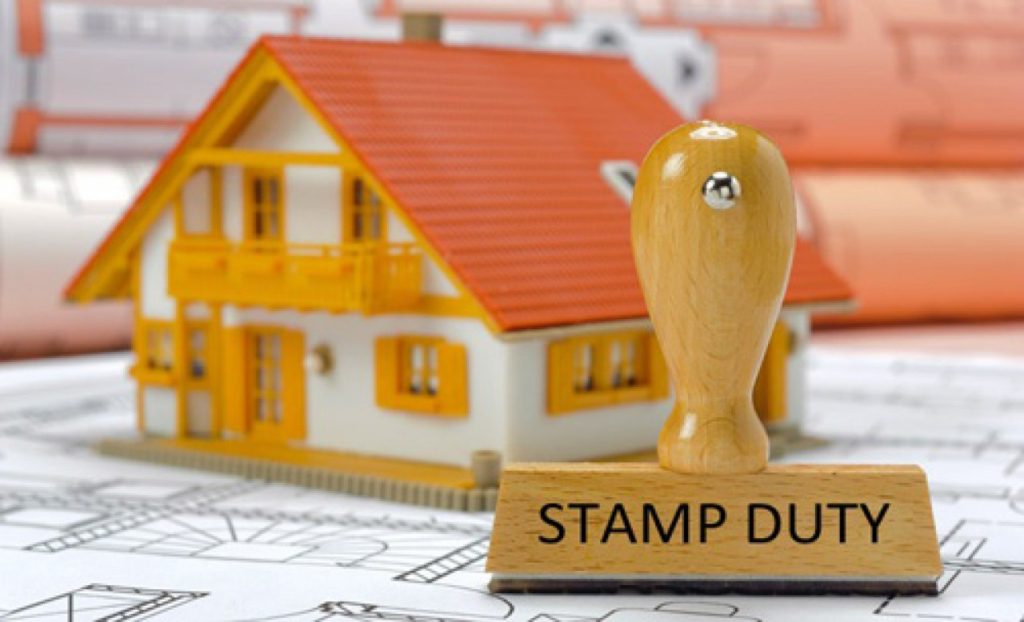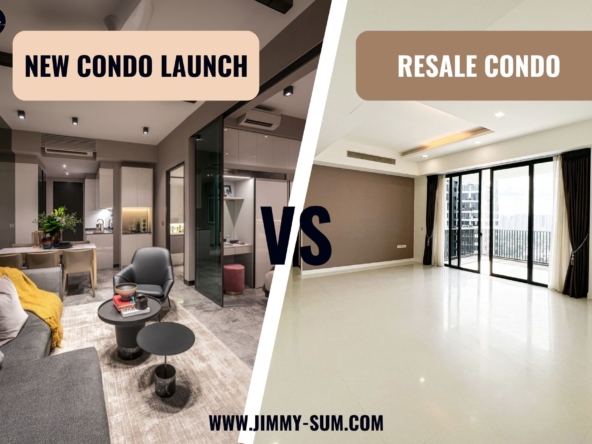STEP 2: Assessment of Your Financial Capability
Purchasing real estate in Singapore is quite a challenge and in part one we discussed understanding our needs and the purpose of purchasing a HDB or private condo in the Singapore property market. In the second part of this guide, we move on to another crucial element when it comes to purchasing real estate and that is the assessment of your financial capability. In short, you need to be sure you can afford the property. At Jimmy Sum Real Estate, we can help you find a property you can afford or a lending institution that can facilitate your finding the right mortgage banker.
How Much Can You Afford To Pay?

If you have enough money saved up to purchase an HDB or private condo outright, then you already know the limit to your spending. However, even then you need to some research into the property to avoid being surprised by any hidden costs you may only discover after you have taken possession of your property. If you are looking at an apartment or condo, you will need to know the monthly maintenance cost of your property.
On the other hand, if you are taking a mortgage to purchase a property, other factors are involved. By speaking with a mortgage banker, you can get professional and accurate advice that will take into consideration a number of factors to determine your eligibility for a mortgage. Some of these factors include:
- Your combined household income
- The deposit amount you can contribute to your purchase
- Estimate of your monthly expenses
- Your current credit rating
Your mortgage banker will first determine the amount you can afford to pay towards your property each month and the number of years you will still be able to earn a regular income. This calculation will determine how much you can borrow (this article gives you a rough idea). In most cases, it is recommended that you should only be paying about 28% of your monthly income on mortgage repayments.
What Documents Will You Need For A Loan Assessment?

A loan application requires a lot of commitment from the property buyer and the bank. There are a number of documents that are required to be submitted with loan or mortgage applications. Some are required by the bank and others for various government agencies. These documents include:
- Your NRIC (National Registration Identity Card)
- Computer generated copies of your last 3 months pay slips (if you are an employee)
- Notice of Assessment of your income for the last 2 years, computer generated copies of your pay slips for the last 3 months and your CPF Contribution History for the last 12 months (if you are self-employed)
- Most recent CPF Ordinary Account Statement
- Option To Purchase
- HDB statement showing any outstanding loan taken from HDB
- Statements of all your credit cards, credit lines; personal, car or housing loans
- Most recent Rental Income Statements (if applicable)
- IRAS Property Account Summary detailing every property you own or have owned.
Depending on the financial institution you are seeking your mortgage from, there may also be other documents you will need to provide.
How Much Can You Borrow?

The amount you can borrow from a mortgage banker to Buy a property in Singapore is very different from how much you can pay. Every lending institution has their own assessment protocol but there are many similarities. How much you can borrow will depend on a number of factors and they will be different depending on whether the mortgage will be under one name, a joint mortgage for a family home or even several parties for extended families or investments.
When you do borrow the funds necessary to purchase a property in Singapore, you will be subject to an LTV or Loan To Value Ratio. This determines how much you can borrow depending on the value of the property and how much you will need to contribute yourself. If you are borrowing for an HDB through an HDB Concessionary Loan, the maximum LTV is 90%. The rest of the value will need to come from cash you have saved and possibly from you CPF Ordinary Account.
If you are looking at Buy a property in Singapore and borrowing the money from a bank, the LTV is usually capped at a maximum of 75%. You will be able to access your CPF OA for the remainder but you will still need to contribute a minimum of 5% in cash.
Is Your Age An Important Factor In Applying For A Mortgage?

No lending institution will offer a 30-year mortgage to a person who only has a few years left before retirement. However, you can still obtain the finance to Buy a property in Singapore depending on your overall income and your assets.
When it comes to borrowing money for an HDB, the LTV is usually capped at 55% if the loan is expected to exceed 25 years and for private properties, the LTV is the same with the bank offering this service up to 30 years.
Will You Need To Pay Stamp Duty?

Every time you purchase or sell a property in Singapore, you can expect to pay stamp duty. Stamp duty is basically a tax that is due in most countries where legal documents are required in the selling and purchasing of a property. This also applies to properties being leased. The rates will vary depending on the value of the property.
For example, the rates of stamp duty in Singapore are:
- The purchase price times 3% – $5400 for properties up to $1 million
- The purchase price times 4% – $15400 for properties over $1 million
Seller stamp duty in Singapore also applies at various rates depending on which year (from the Option to Purchase date) is the property sold. Take note that seller stamp duty will affect you when you have the intention to sell within the seller stamp duty holding period.
Don’t Delay

If you’re looking to buy a property in Singapore, don’t sit on your heels and wait to see what happens. If you find a property you are interested in, find a good real estate agent like Jimmy Sum and get the ball rolling as soon as you can. Good properties in Singapore are hard to come by and finding the best place to live in Singapore will be quite a challenge.
If you are in the market for a property in Singapore, you will find that things will move quite fast so you will need to be prepared before you start looking. To avoid the disappointment of finding a property only to discover it is out of your financial capabilities, seek the advice of your mortgage banker first to determine what you can afford. It will then be easier for you and your real estate agent to find you the best possible new or resale property available for purchase.
Once you’ve determined your financial capabilities, you’re ready for the next step in Purchasing Real Estate in Singapore and that is the Property Search which we will feature in Part Three of this guide




